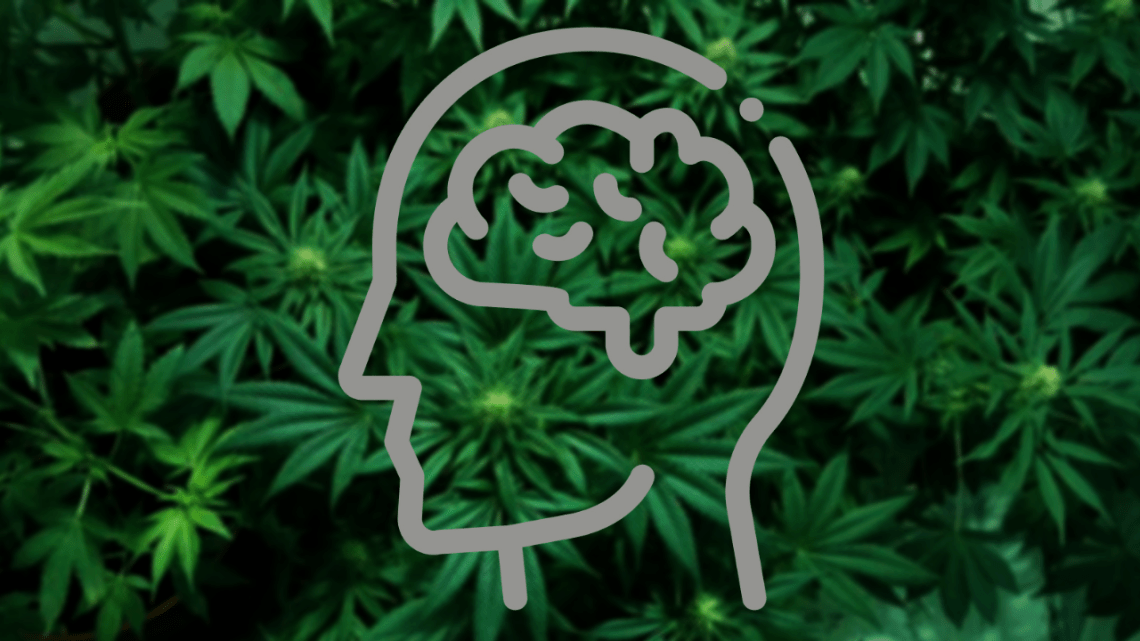Alex Berenson, in “Tell Your Children: The Truth About Marijuana, Mental Illness, and Violence” stated that symptoms of schizophrenia with worse symptoms of paranoia and less response to antipsychotics developed in individuals who were long time marijuana users and did not use any other drugs. According to research, the euphoria and increase of insightfulness after using marijuana is because of a component in it known as tetrahydrocannabinol (THC). A study where healthy individuals were administered with THC showed that there was impairment in learning, memory and attention based on the amount of doses administered (Morrison et al., 2009). Taking other substance abuse (like tobacco and alcohol) as well as childhood sexual abuse into account, suicidal ideations and attempts might also be 2.5 to 2.9 times higher in individuals who smoke pot with more likeliness of symptoms of Major Depressive Disorder. (Lynsky, 2004)
Even though the use of marijuana could have short-term benefits and research does point at legal cannabis medication helping a few disorders, the long term effects of the drug still suggests that it might be a good idea to do away with the notion of marijuana being good for health.
Sources:
Brook, J. S., Stimmel, M. A., Zhang, C., & Brook, D. W. (2008). The Association Between Earlier Marijuana Use and Subsequent Academic Achievement and Health Problems: A Longitudinal Study. American Journal on Addictions, 17(2), 155–160. doi:10.1080/10550490701860930
Lynskey, M. T., Glowinski, A. L., Todorov, A. A., Bucholz, K. K., Madden, P. A. F., Nelson, E. C., … Heath, A. C. (2004). Major Depressive Disorder, Suicidal Ideation, and Suicide Attempt inTwins Discordant for Cannabis Dependence and Early-Onset Cannabis Use. Archives of General Psychiatry, 61(10), 1026. doi:10.1001/archpsyc.61.10.1026
Morrison, P. D., Zois, V., McKeown, D. A., Lee, T. D., Holt, D. W., Powell, J. F., … Murray, R. M. (2009). The acute effects of synthetic intravenous Δ9-tetrahydrocannabinol on psychosis, mood and cognitive functioning. Psychological Medicine, 39(10), 1607. doi:10.1017/s0033291709005522
Patton, G. C. (2002). Cannabis use and mental health in young people: cohort study. BMJ, 325(7374), 1195–1198. doi:10.1136/bmj.325.7374.1195
Schuster, R. M., Hoeppner, S. S., Evins, A. E., & Gilman, J. M. (2016). Early onset marijuana use is associated with learning inefficiencies. Neuropsychology, 30(4), 405–415.s







